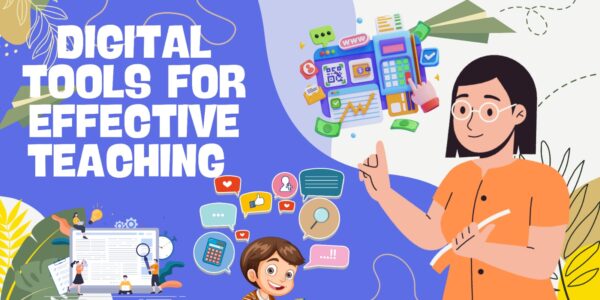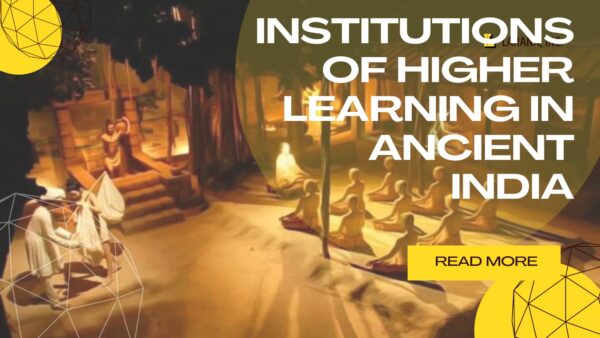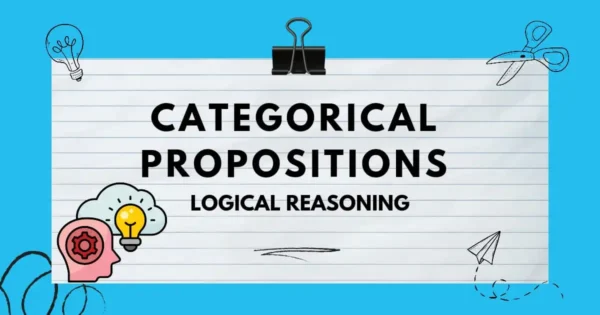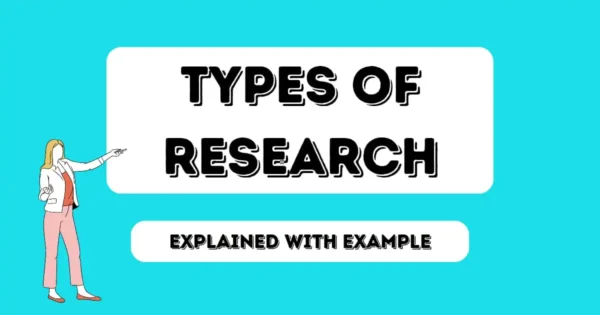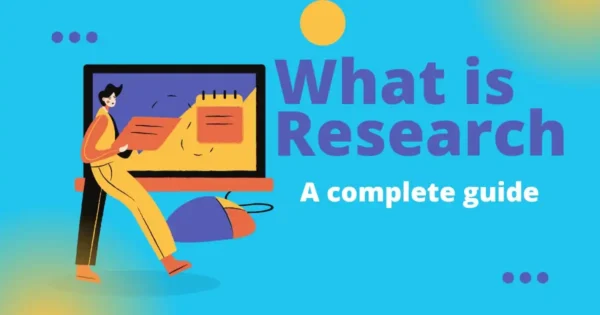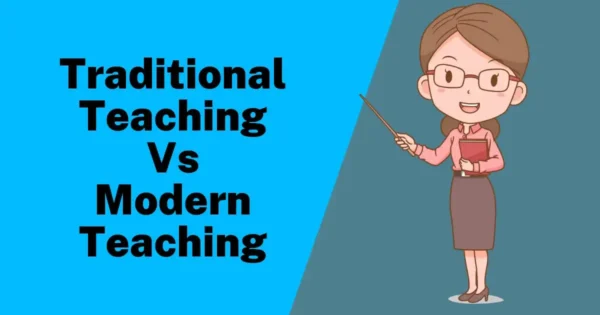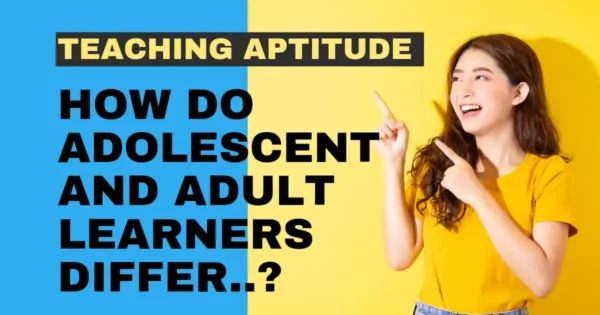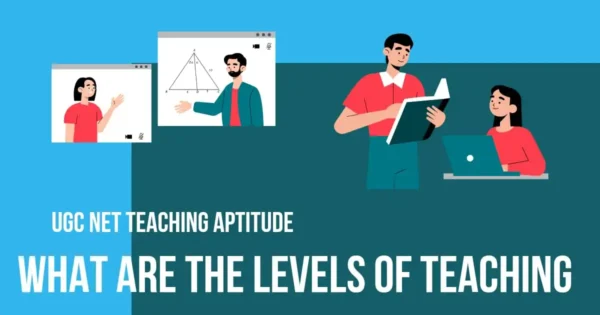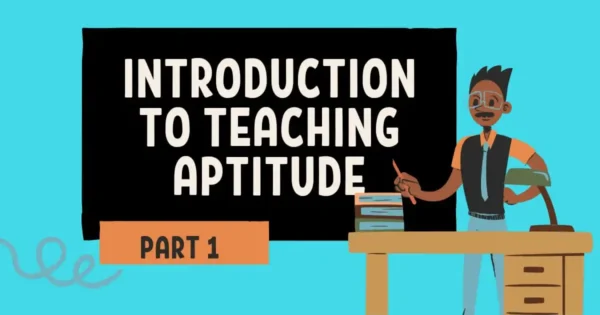Getting ready for Paper 1 of the UGC NET? Understanding how to use ICT tools for teaching and learning is one of the main themes covered in the Teaching Aptitude part. This blog presents a variety of digital teaching resources that are divided into Learning Management Systems (LMS), Mind Mapping Tools, Game-Based Learning Platforms, Live […]
UGC NET Paper 1 Question Paper PDF free download
Preparing for the UGC NET Paper 1 can be overwhelming, especially when you’re not sure which resources to trust. One of the smartest strategies toppers recommend is solving previous year question papers — but not just solving them — analyzing them with accurate answer keys and clear explanations. In this blog post, we’ll explore how […]
INSTITUTIONS IN ANCIENT INDIA | UGC NET| HIGHER EDUCATION
Some of the oldest and most famous educational institutions in the world, found in ancient India, were responsible for the transmission of knowledge over centuries in a variety of fields, including politics, astronomy, medicine, philosophy, and religion. Gurukulas, or residential schools where students lived with their professors and learnt through close mentorship, were a distinctive […]
Categorical Propositions, Easy to Solve | Logical Reasoning
Introduction Welcome to our blog, where we explore the details of categorical propositions, a basic concept for a number of competitive exams, including SET, SSC, CSIR NET, UGC NET, and more. It will explain the basics of the square of opposition and discuss the differences between distributed and undistributed categorical propositions. Understanding these ideas not […]
Types of Research – Explained with Examples
Types of Research Different types of research can be distinguished from one another according to a variety of factors, including the methodology, study design, and goal. These are a few typical categories of research: 1. ex post facto research Ex post facto research, which translates as “after the fact” research, is a type of non-experimental […]
What is Research? Objectives , Characteristics, and Process
To find, understand, and advance human knowledge about a certain topic or situation, research is a methodical and structured process of inquiry. It entails looking into the knowledge that already exists, formulating questions or hypotheses, gathering and analysing data, and coming to conclusions. Numerous subjects, including the social sciences, humanities, business, and sciences, are open […]
Traditional vs. Modern Teaching Methods: Key Topic for UGC NET
Traditional teaching methods, also known as “chalk and talk” or “conventional education,” and have dominated the educational scene for decades. This teacher-centered approach has influenced innumerable learning experiences. It defines itself by control, organisation, and curriculum completion. But times are changing, and effective substitutes in the form of contemporary, technologically advanced approaches are starting to […]
How Do Adolescent and Adult Learners Differ? UGC NET Notes
Teaching is a Balance of Art, Science, and Partnership. Transferring knowledge from one mind to another is only one aspect of teaching. It is a dynamic, participatory process that is both a science and a professional activity. It calls for in-depth knowledge of the subject area in addition to the capacity to modify training to fit […]
What are the 3 Levels of Teaching? Free Notes |UGC NET Exam
Teaching is a complex process that involves assisting students as they progress through different stages of knowledge and thought. It’s critical for educators to understand these levels and make use of them in order to support effective classrooms. One framework that separates education into three distinct levels—memory level, understanding level, and reflective level—is one of […]
Why Teaching Aptitude Matters for Individual and Societal Growth
Teaching, which is sometimes seen as the cornerstone of education, is essential for developing information, forming minds, and cultivating abilities that open doors to both individual and societal advancement. Fundamentally, teaching is a dynamic process that goes beyond the simple transfer of knowledge; it is both an art and a science that involves helping students […]

